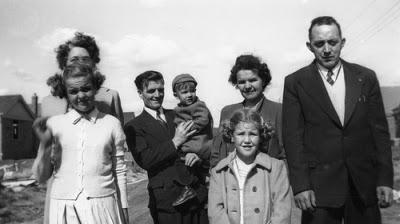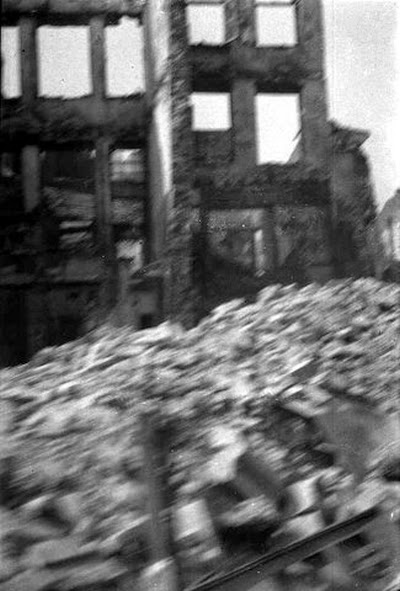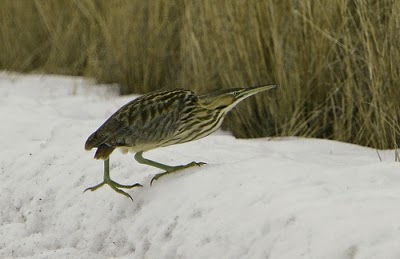Isaiah 15, Part Two: The Prime Of Life

Isaiah 15, Part Two: The Prime Of Life Isaiah continues his lament, describing Moab as a valuable, vigorous animal, soon to be slaughtered. Isaiah 15:5 (ESV) My heart cries out for Moab; her fugitives flee to Zoar, to Eglath-shelishiyah. EGLATH-SHELISHIYAH: egla shelishi "eg-LAW shel-ee-SHEE" (a female calf, especially one nearly grown; a heifer) and (third); from egel (a male calf, especially one nearly grown; a steer); from agol (to revolve, circular, as frisking round) Eglath-shelishiyah is a compound word, combinining "heifer" (a young female cow that has not borne a calf) with "third", referring to a three-year-old cow. "Heifer" was used to refer to young women (Judges 14:18), as well as the nations of Egypt (Jeremiah 46:20), Chaldea (Jeremiah 50:11), and Ephraim (Hosea 10:11). Jeremiah echoes the declaration of Isaiah: Jeremiah 48:34-35 (ESV) “From the outcry at Heshbon even to Elealeh, as far as Jahaz they utter their voi...





